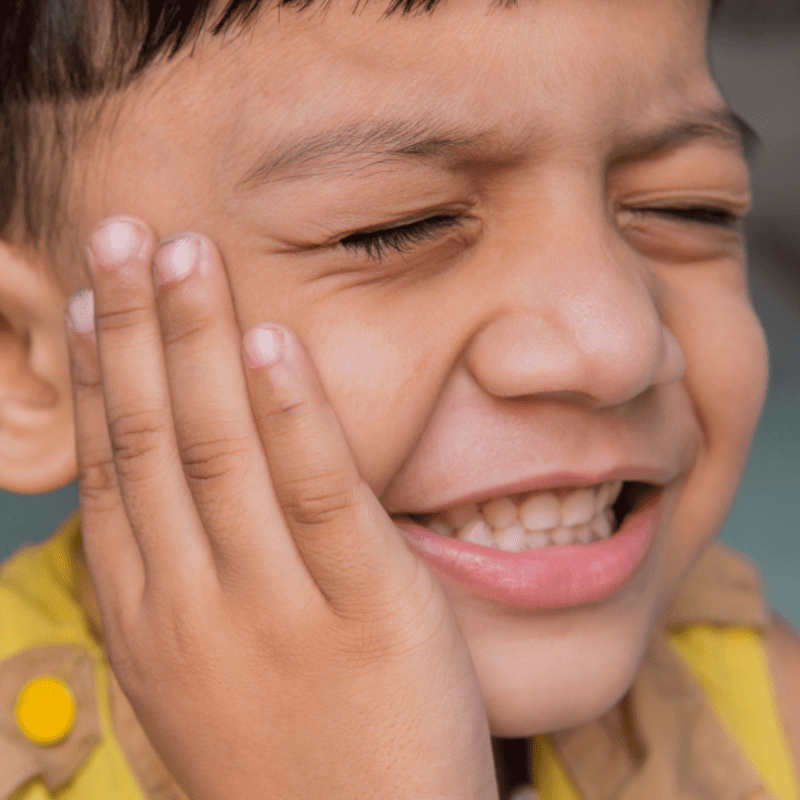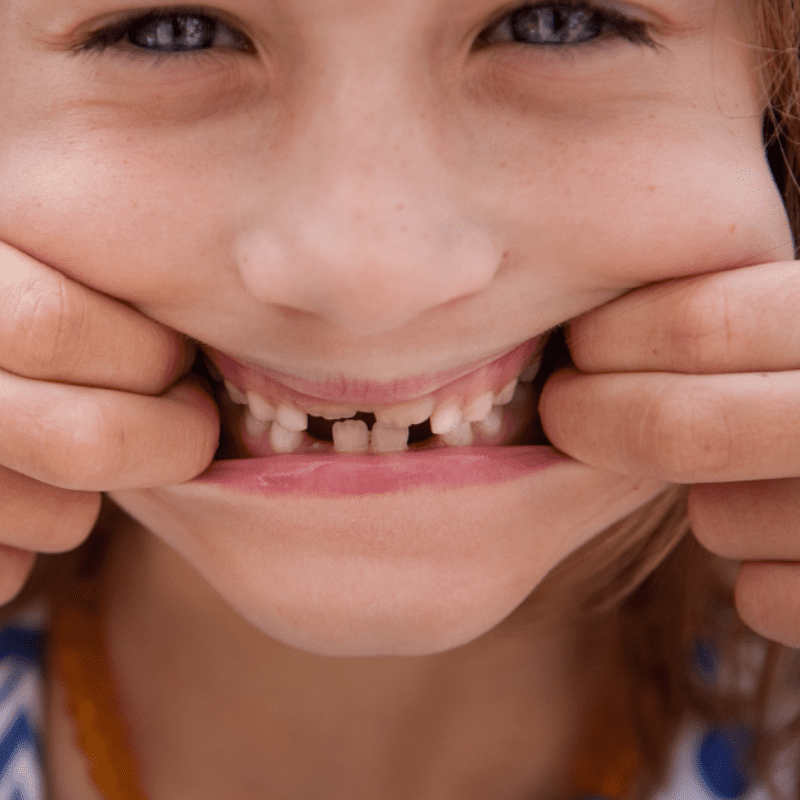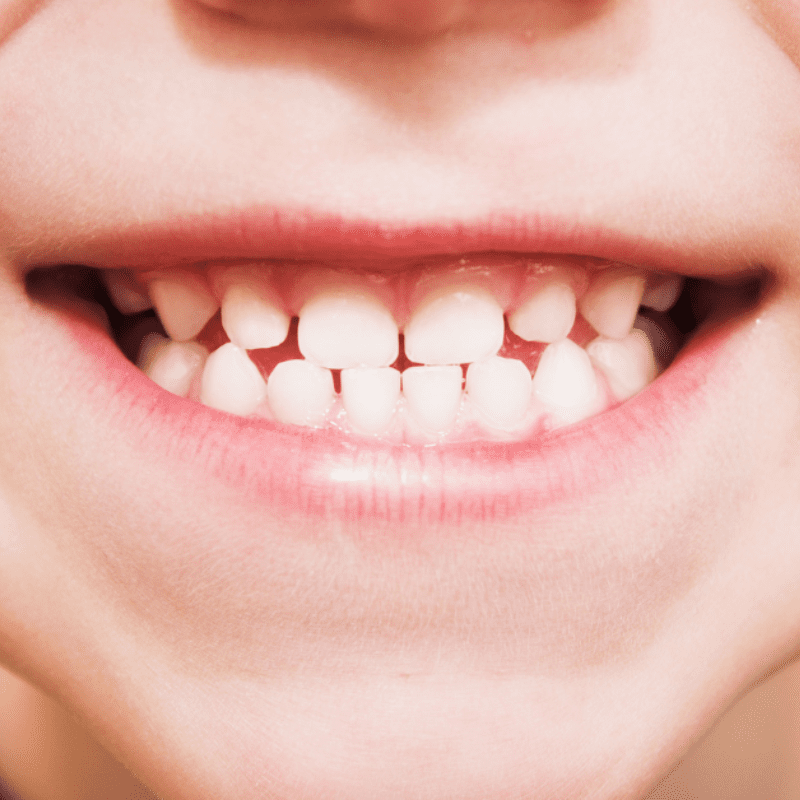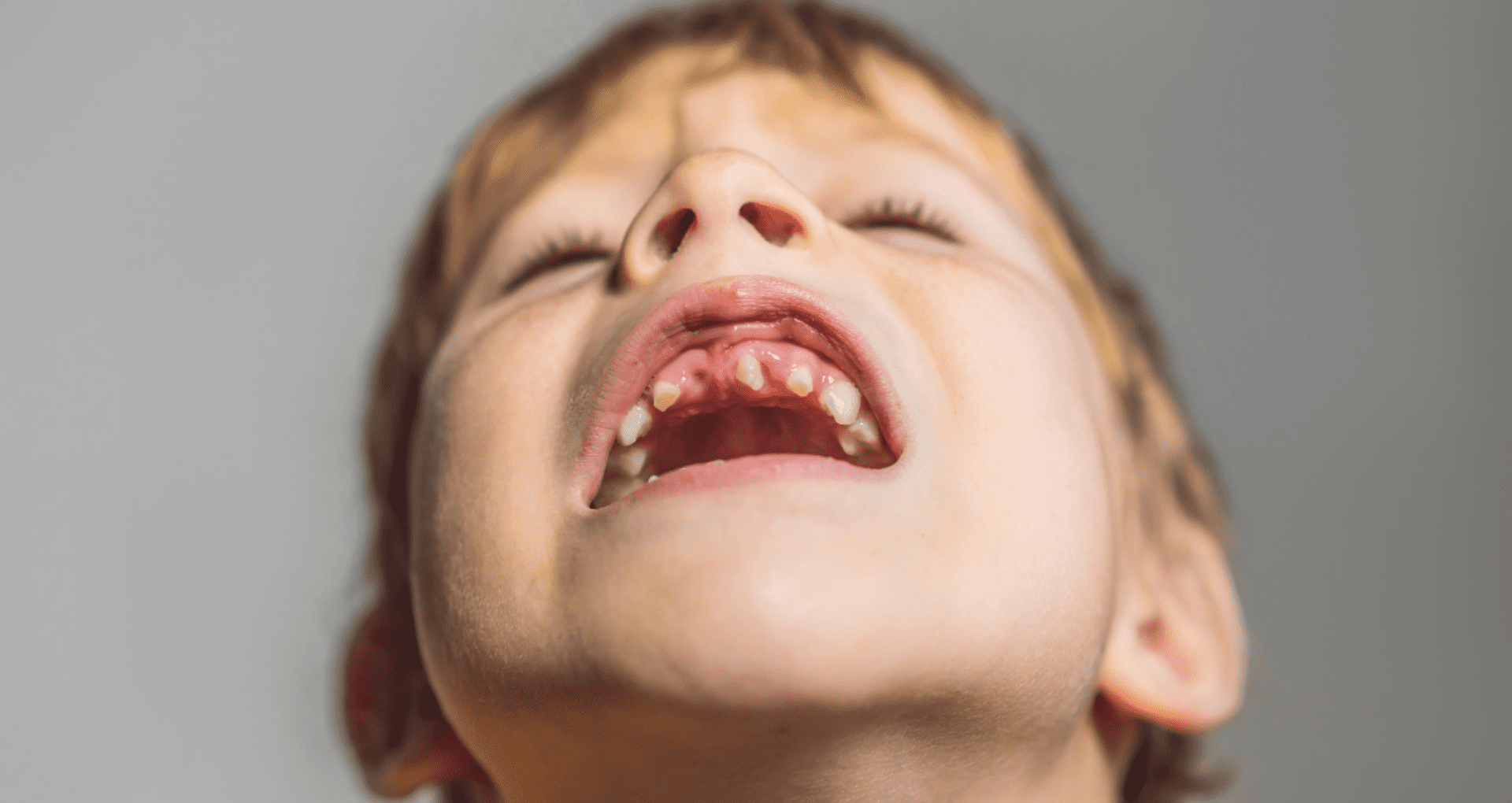Are you worried that your child might be suffering from teeth grinding? It’s a common problem for children of all ages, and it can often feel overwhelming as a parent to understand why this behavior is happening. Fortunately, there are signs that you can look out for to identify if grinding their teeth is an issue for your little one.
You also have support here at Advanced Indiana, as we go over some of the major signs that indicate your child may need help with teeth grinding and provide tips on managing and preventing it.
What is Bruxism?
Do you ever hear faint, rhythmic sounds coming from your child’s bedroom at night? If this sound resembles grinding or gnashing of teeth – otherwise known as “bruxism” – then it may be time to take steps to address the underlying cause of their tooth-grinding.
There are two types of bruxism: awake bruxism and sleep bruxism. Awake bruxism is when your child grinds their teeth during the day, while sleep-related bruxism occurs during sleep. Both forms can cause serious dental health issues if left untreated.


Who Gets Bruxism?
Anyone can get bruxism, but it’s most common in children. Bruxism in children typically occurs during sleep for both adults and children, though some adults may also clench or grind their teeth during the day as well.
It has been estimated that up to 30% of children between the ages of 5 and 10 suffer from bruxism. While some cases may be mild, more severe bruxism cases can lead to tooth damage, jaw pain, headaches, and even sleeping problems.
In adults, bruxism is more likely to occur in those who have higher levels of stress or anxiety or have certain medical conditions like temporomandibular joint (TMJ) disorder, obstructive sleep apnea, and acid reflux. Sleep disorders like insomnia, sleep-disordered breathing, and snoring can also be contributing factors to teeth grinding.
Why Does My Child Grind Their Teeth?
It’s not entirely clear why some children grind their teeth while others don’t, but there are a few possible reasons. Here are a few of the most common:

Stress or anxiety
Teeth grinding can be a sign that your child is feeling overwhelmed by stress or anxious about something. Identifying and correcting the things causing your child stress could dramatically reduce their grinding.
Sleep disturbances
Children who have trouble getting to sleep, staying asleep, or suffering from nighttime awakenings may unconsciously grind their teeth. Having a healthy, stable bedtime routine can help ease your child into sleep at night.
Dental Issues
Misaligned teeth or an abnormal bite can lead to grinding of teeth. Some children even develop bruxism when their larger adult teeth come through but there’s not enough space in their mouths. The added stress can lead to teeth grinding.
Medical reasons
Certain medical conditions, such as ADHD, cerebral palsy, autism spectrum disorder, and epilepsy, are associated with symptoms of bruxism.
Diet
A diet high in sugar or caffeine could be a contributing factor to your child’s teeth grinding. Try limiting your child’s intake of sugar, not just for the sake of preventing teeth grinding, but also to prevent tooth decay and cavities.
Family History of Teeth Grinding
It’s also possible that your child may be more likely to have a grinding habit if it runs in the family. If someone else in your family has bruxism, it could mean that your child is more prone to developing this condition as well.

Signs Your Child Is Grinding Their Teeth
If you think your child may be grinding their teeth, it’s important to look out for the signs and symptoms. Here are some of the most common ones:
Your child’s teeth have a worn, flattened, chipped, or otherwise abnormal look.
If your child’s teeth look worn down, chipped, or otherwise misshapen, this could be a sign of excessive tooth grinding.
Your child has headaches, earaches, or a sore jaw when they wake up in the morning.
Grinding can cause fatigue and pain in the muscles surrounding the jaw and face. If your child wakes up with headaches, earaches, or a sore jaw, it could be a sign that they have nocturnal bruxism or they’re grinding their teeth at night.
Your child has trouble sleeping and/or experiences frequent nighttime awakenings.
Teeth grinding can lead to sleep disturbances and disruptions in the normal sleep pattern. If your child is having difficulty sleeping or wakes up often during the night, this could be a sign of bruxism activity.
Your child’s teeth are very sensitive.
If your child’s teeth are more sensitive than usual, it could be a sign that they’ve been grinding their teeth. This tooth sensitivity can range from mild to severe and can cause discomfort or even pain when eating or drinking certain foods.
Your child is anxious or fidgety during the day.
Children who grind their teeth at night may become anxious or fidgety during the day as a result of fatigue and lack of sleep. If your child is exhibiting these behaviors, it could be a sign that they’re grinding their teeth at night.
Your child can’t sleep comfortably due to problems with their jaw.
If your child is unable to comfortably rest their jaw at night due to pain or discomfort, this could be a sign that they’re grinding their teeth. Jaw clenching and grinding can cause the muscles in the area to become tense and painful, making it difficult for them to relax.
You hear unusual noises when your child is sleeping.
If you notice any grinding, clicking, or other unusual noises coming from your child’s bedroom at night, this could be a sign that they’re grinding their teeth.
How Can I Help My Child Stop Grinding Their Teeth?
If you think your child is grinding their teeth, it’s important to take steps to help them manage and prevent the behavior. Here are some tips:

Talk about stress and anxiety
We’ve already touched on this, but if stress or anxiety is contributing to the problem, sit down and talk with your child about their worries. Try to help them find healthy ways of managing these feelings, such as deep breathing exercises or guided meditations.
Have a dental checkup
Make sure to get your child’s teeth checked out by a pediatric dentist in order to rule out any underlying dental issues that could be contributing to their diagnosis of bruxism. Having dental experts like us at Advanced Indiana look at your child’s teeth can help you determine the best approach to take.
Consider dental guards
In more serious cases, your dentist may recommend a custom-made mouth guard or “night guard” that can be worn at night to minimize nocturnal bruxism and help protect your child’s teeth from damage.

Practice relaxation techniques before bed
Encourage your child to practice some relaxation techniques before bedtime, such as deep breathing or reading a book. This can help to reduce stress and tension in the body that may be contributing to teeth grinding.
Monitor your child’s sleep habits
Make sure your child is getting enough quality sleep every night — this is essential for proper physical and mental health. If necessary, talk to your child’s doctor about any underlying sleep problems that could be contributing to the teeth grinding.
Keep track of your child’s bruxism symptoms
Keep a log of when and how often your child is grinding their teeth. This can help you and your dentist monitor the problem and determine if any dental treatments need to be adjusted or changed.
With these strategies, you can help your child manage and prevent teeth grinding, so they can get a good night’s sleep and maintain healthy teeth and gums. If the problem persists or worsens, it’s important to talk to your dentist about other treatment options that may be available.
Pay Attention to Your Child’s Oral Habits With Advanced Indiana
Teeth grinding in children can be a sign of a more serious oral health condition. If you notice your child is grinding their teeth, it’s important to get them evaluated by a dentist or healthcare provider as soon as possible.
Advanced Indiana is here to help. Our team of experienced dentists can evaluate your child’s teeth and provide individualized treatment plans to keep their smile healthy and strong. With our advanced dental technology and personalized care, you can rest assured that your child will receive the best care and clinical diagnosis possible.
Contact us today to learn more about how Advanced Indiana can help your child’s teeth stay healthy. We look forward to helping you and your family create smiles that last a lifetime.

